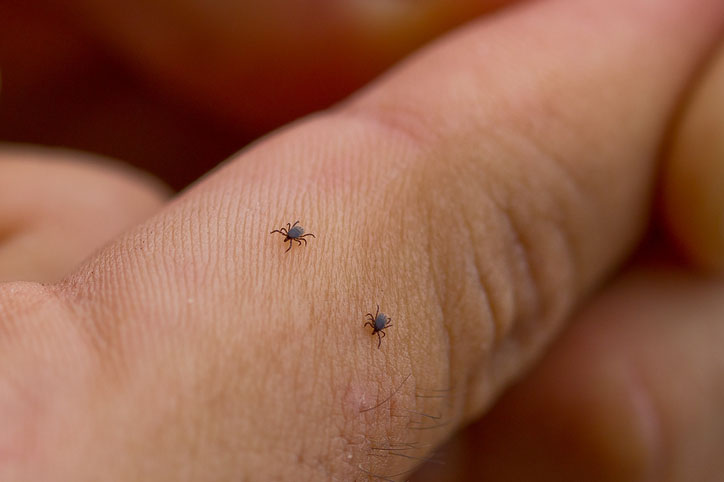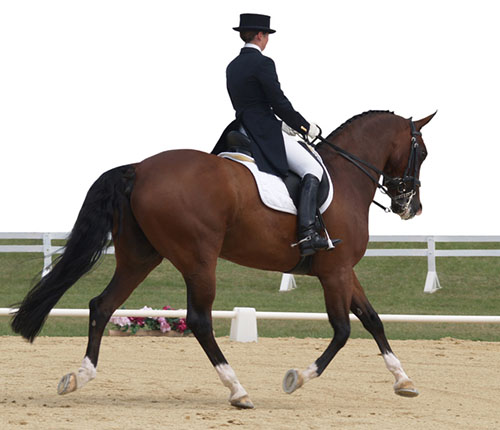Laryngeal Paralysis
- Laryngeal Disorders
- Overview of Laryngeal Disorders
- Laryngeal Paralysis
Laryngeal paralysis is common in dogs and rare in cats. Signs include a dry cough, voice changes, noisy breathing that progresses to marked difficulty in breathing with stress and exertion, stridor, and collapse. Regurgitation and vomiting may occur. Progression of clinical signs is slow, usually taking months to years before respiratory distress is evident. It is a common acquired problem in middle-aged to older, large and giant breeds of dogs, eg, Labrador Retrievers, Irish Setters, and Great Danes. It is seen less often as a hereditary, congenital disease in Bouvier des Flandres, Leonbergers, Siberian Huskies, Bulldogs, and racing sled dogs.
Diagnosis is based on clinical signs; laryngoscopy under light anesthesia is needed for confirmation. Laryngeal movements are absent or paradoxical with respiration. Electromyography shows positive sharp waves, denervation potentials, and sometimes myotonia. Radiographs are not diagnostic. Denervation atrophy is seen on histologic sections of laryngeal muscles.
Differential diagnoses include myositis, recurrent laryngeal or vagal nerve tumor, inflammation, myasthenia gravis, severe hypothyroidism, trauma, and more widespread generalized neurologic degeneration. Therapy is directed at relieving signs of airway obstruction. Tranquilization and corticosteroids are effective temporarily in mild cases. Severe obstruction may require tracheotomy. Definitive therapy is surgical and directed at enlarging the glottic opening. Currently recommended techniques include arytenoid cartilage lateralization, ventriculocordectomy and partial arytenoidectomy, castellated laryngofissure, or permanent tracheostomy. Studies have demonstrated that bilateral ventriculocordectomy through a ventral median laryngotomy has had good longterm treatment success for surgical treatment of idiopathic laryngeal paralysis in dogs, and unilateral arytenoid lateralization appeared to be a suitable method to treat laryngeal paralysis in cats.
- Laryngeal Disorders
- Overview of Laryngeal Disorders
- Laryngeal Paralysis





